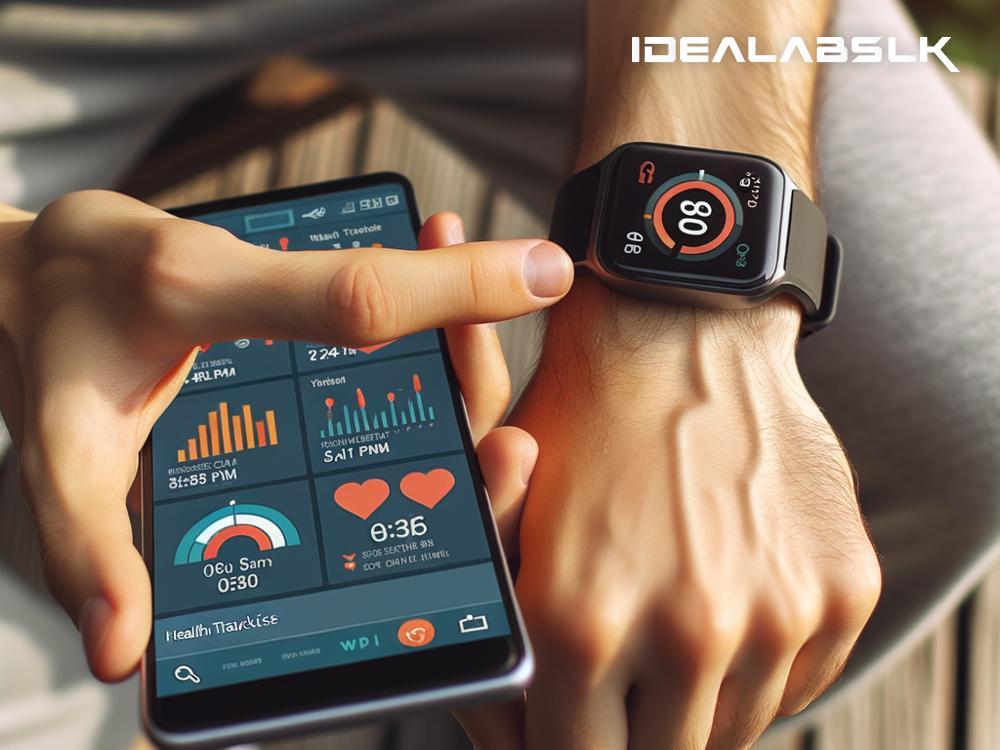In today's fast-paced world, managing personal health often slips down our list of priorities. But what if keeping track of your health was as easy as checking your phone? Thanks to smart health devices, this has become a reality. These tiny technological marvels are revolutionizing the way we manage our health, putting personal health management literally at our fingertips. Let’s explore how these devices are making a significant impact on our daily lives.
What are Smart Health Devices?
Smart health devices are electronic gadgets designed to monitor and track various aspects of our health and fitness. They range from smartwatches that count steps and monitor heart rate to more specialized devices that can measure blood sugar levels, blood pressure, or even sleep patterns. These devices connect to our smartphones or computers, allowing us to view, track, and manage our health data in real-time.
The Convenience of Health Management
One of the biggest advantages of smart health devices is convenience. Remember the days when we had to manually log our food intake, exercise, or even keep a paper chart of our vitals? Those days are long gone. Now, with just a few taps on our smartphone, we can get a comprehensive overview of our health. This ease of access encourages more people to take an active role in managing their health.
Personalized Health Insights
Smart health devices offer personalized insights, tailored specifically to the user. By analyzing our daily activities and health readings, these devices can identify patterns and provide recommendations. For instance, if your smartwatch notices you’re less active than usual, it might suggest a short walk or a quick workout. Similarly, some devices can monitor your heart rate and alert you to any irregularities, prompting you to seek medical advice if necessary.
Proactive Healthcare
These devices empower us to be proactive about our health. Instead of reacting to health issues as they arise, we can use the data from our devices to prevent problems before they start. For example, by keeping an eye on our blood pressure and heart rate, we might notice early signs of stress or cardiovascular problems. This enables us to take steps to mitigate these risks, such as improving our diet, getting more exercise, or consulting a healthcare professional.
Motivation and Accountability
Let’s face it: staying motivated to maintain a healthy lifestyle can be tough. Here, smart health devices play a crucial role by providing tangible goals and tracking achievements. Whether it’s closing the activity rings on your smartwatch or celebrating a new personal best in a fitness app, these devices offer a sense of accomplishment. Many also incorporate social features, allowing you to share your progress with friends or join fitness challenges, adding a fun, competitive edge to health management.
A Gateway to Telemedicine
Smart health devices are also paving the way for advancements in telemedicine. With these devices, vital health data can be shared directly with healthcare providers, enabling remote monitoring and consultations. This is particularly beneficial for individuals with chronic conditions, as it offers an efficient way to manage their health without frequent hospital visits.
Challenges and Considerations
While the benefits are clear, it’s essential to approach smart health devices with a critical eye. Privacy and data security are significant concerns, as is the accuracy of some devices. Always research and choose devices from reputable manufacturers, and be mindful of sharing your health data.
Moreover, it's important not to overly rely on these gadgets for diagnosing health conditions. While they provide valuable insights, they are not a substitute for professional medical advice.
Conclusion
Smart health devices are undeniably transforming our approach to personal health management. By offering convenience, personalized insights, and proactive health monitoring, they empower individuals to take control of their health and well-being. As technology continues to evolve, we can expect these devices to become even more integrated into our daily lives, making health management not just accessible, but an engaging part of our daily routine.
In embracing these technological advancements, we step into a future where managing our health is no longer a chore but a seamless aspect of everyday living. With smart health devices at our fingertips, we are well-equipped to lead healthier, more fulfilled lives.

